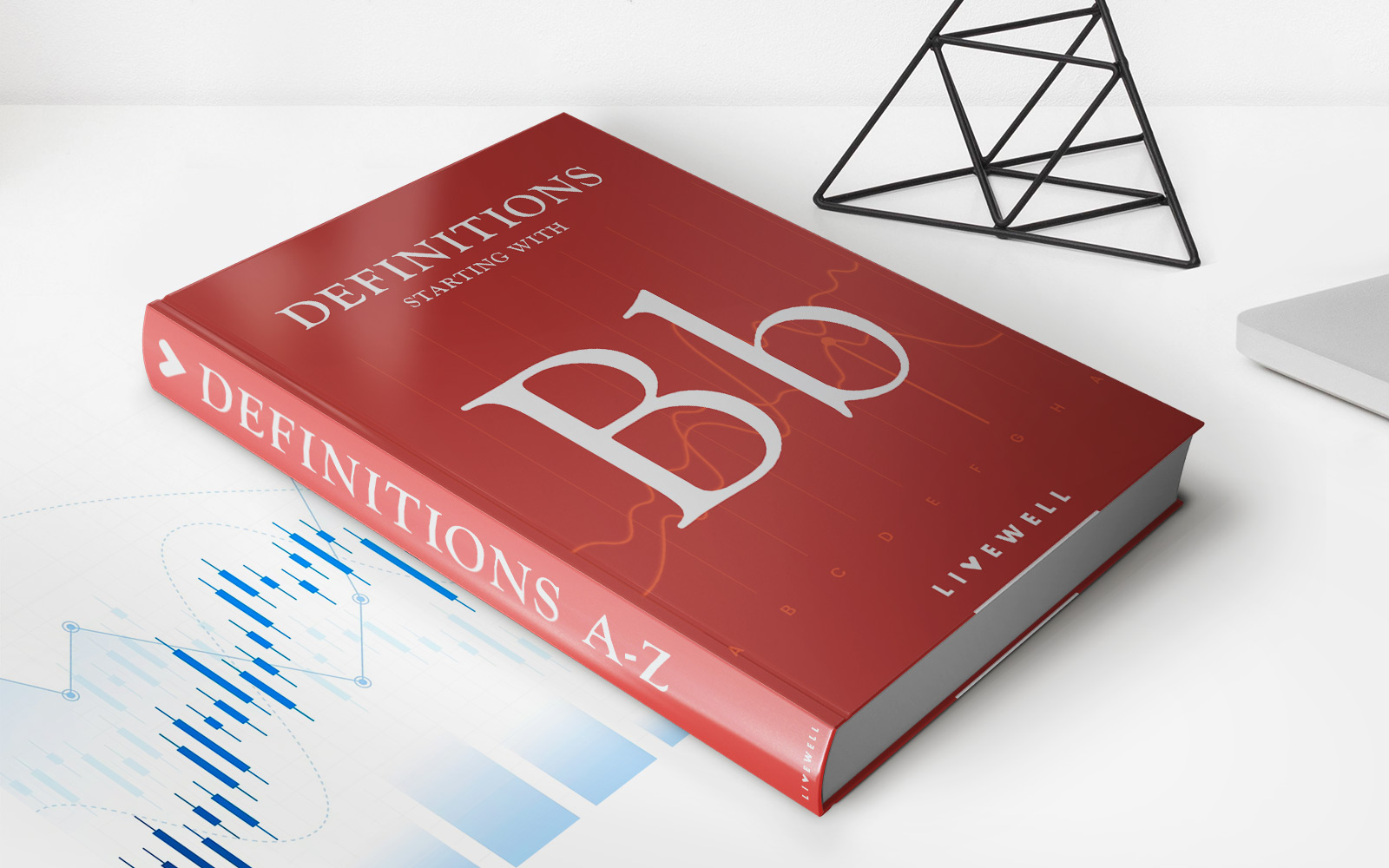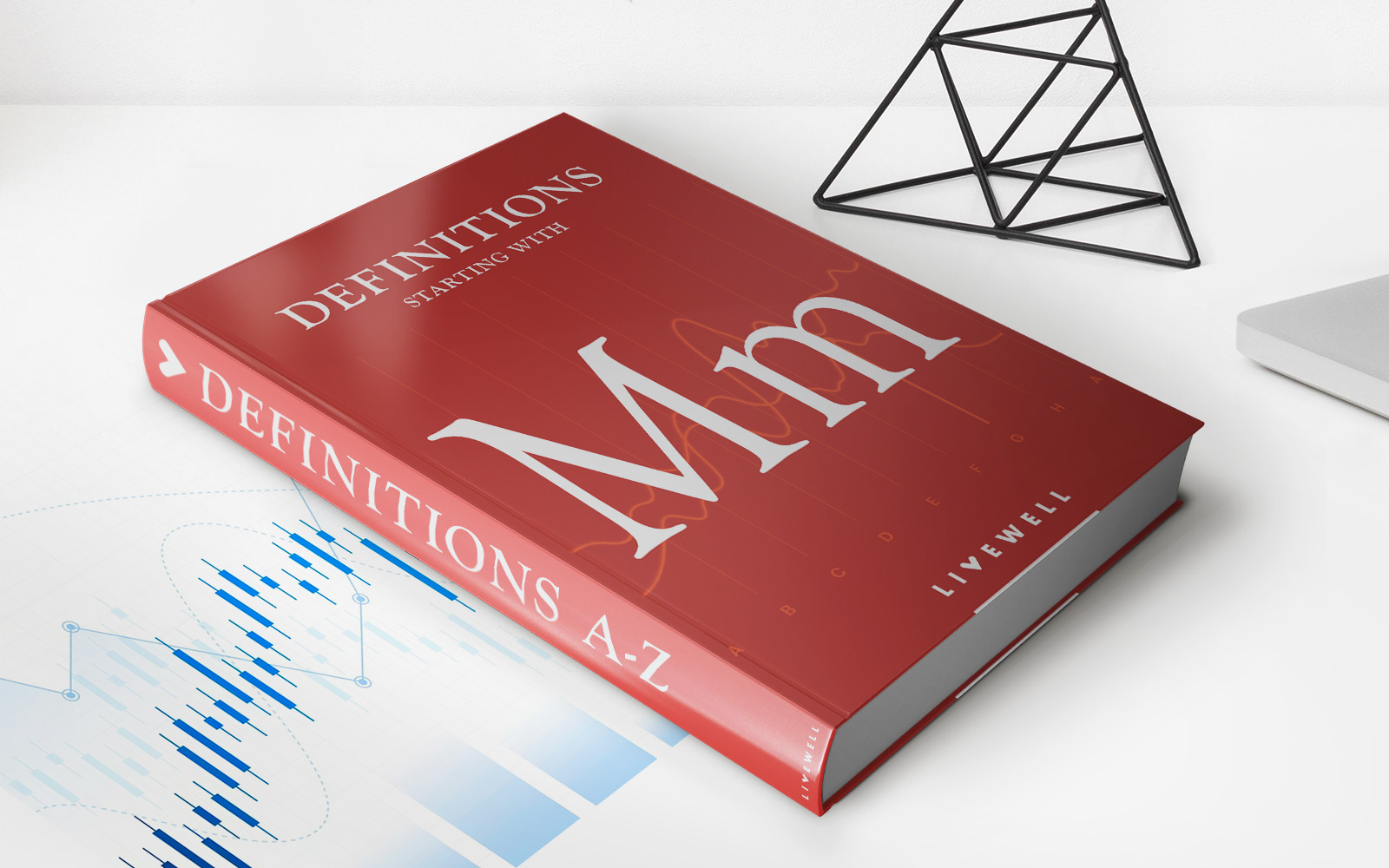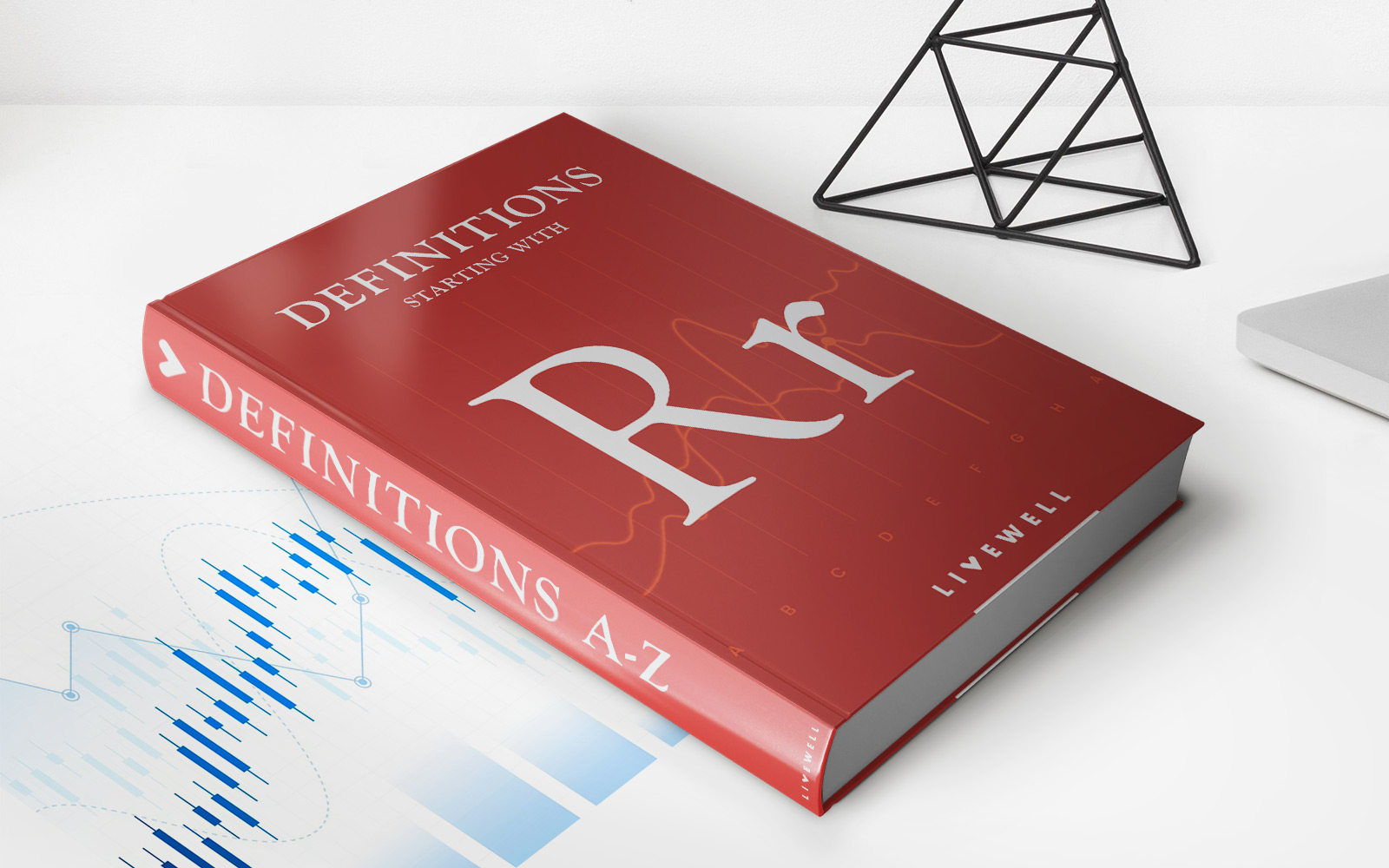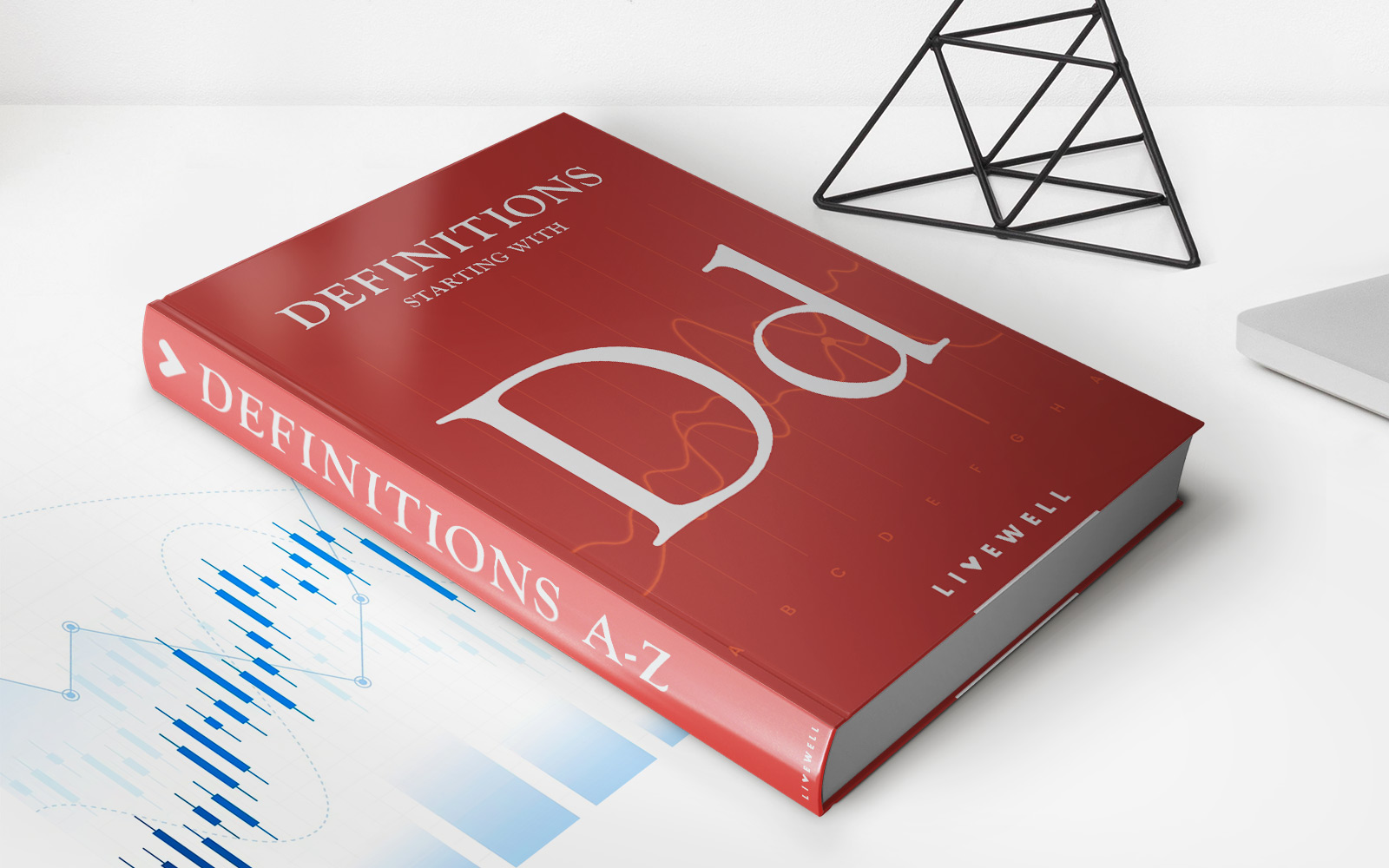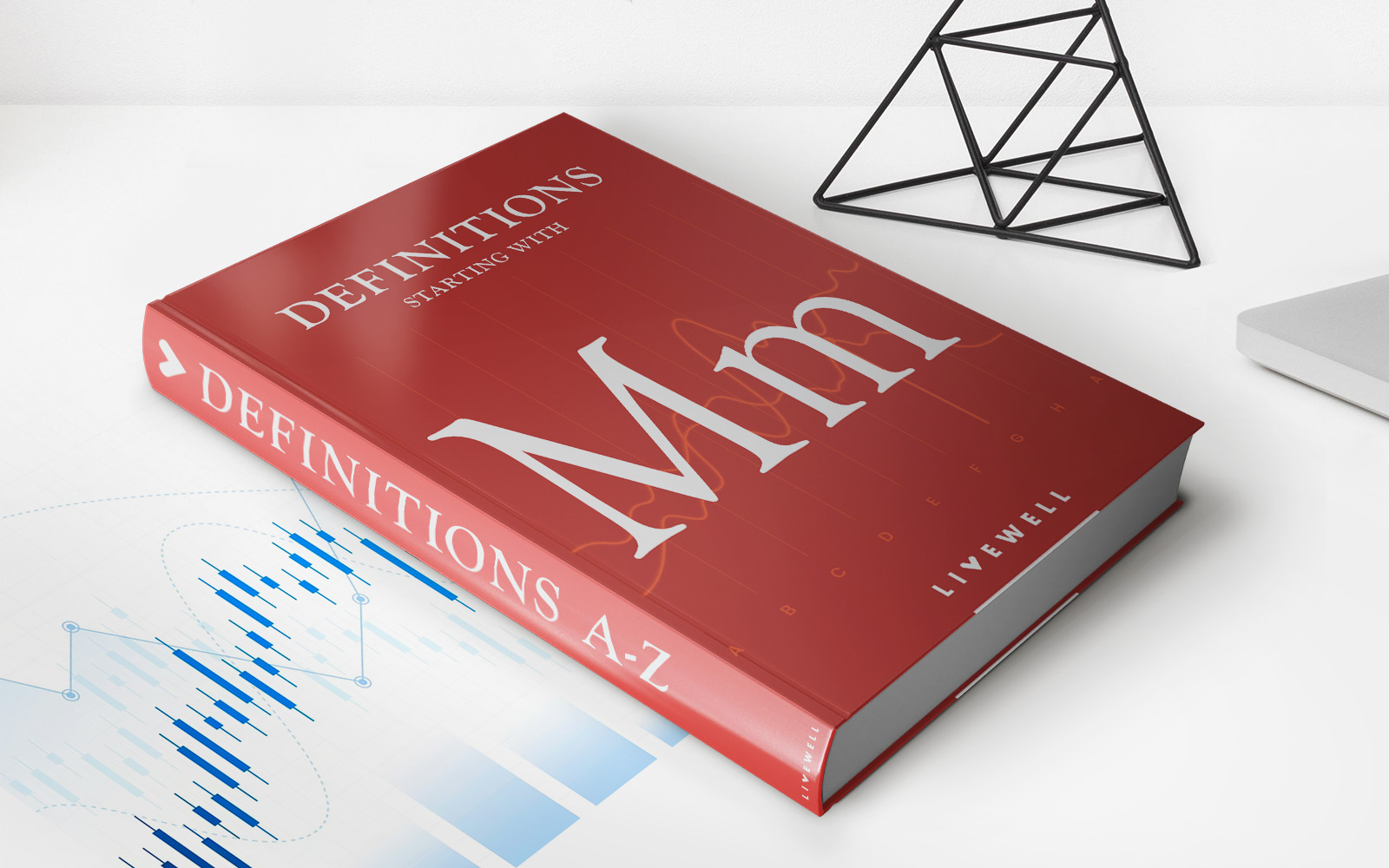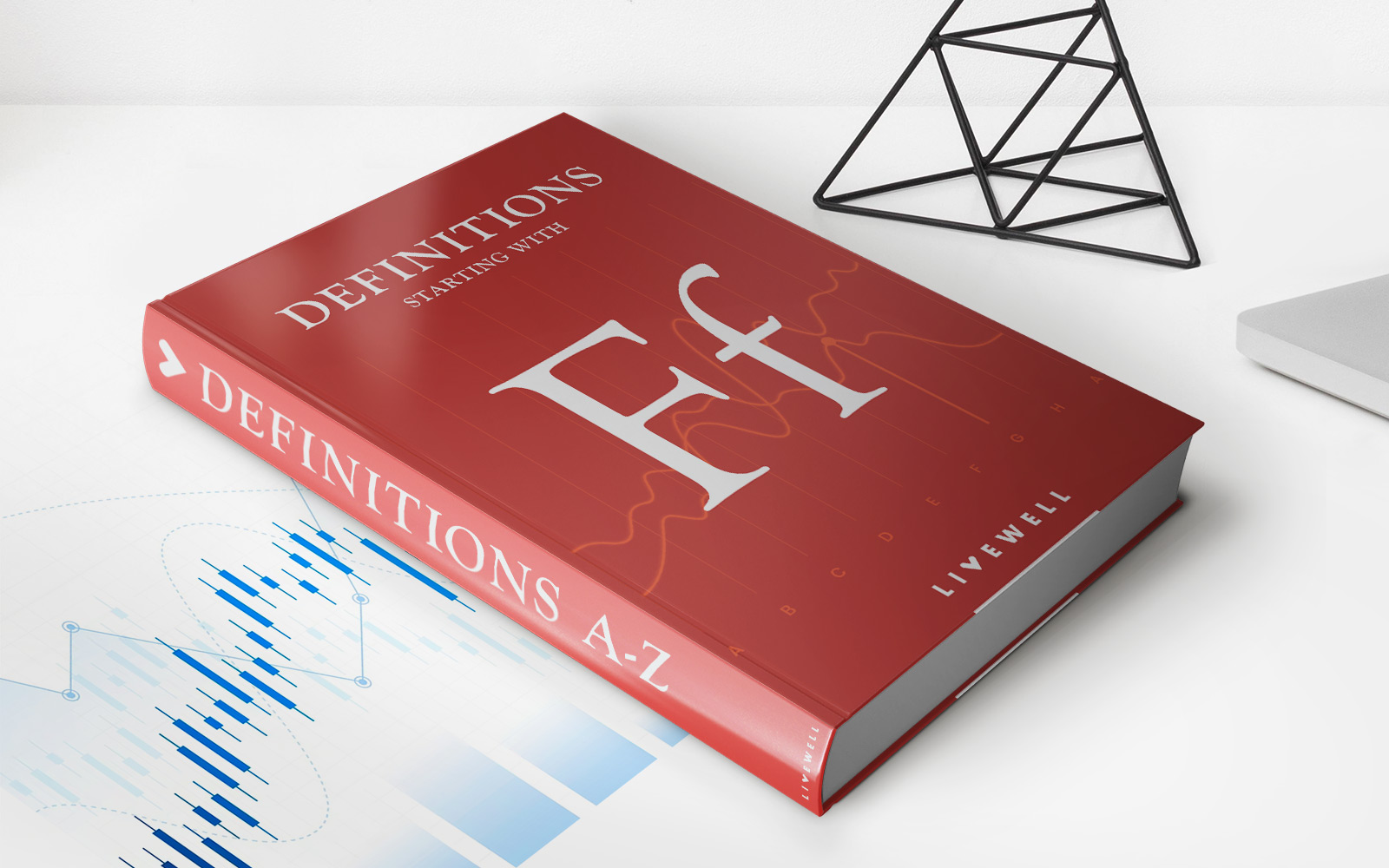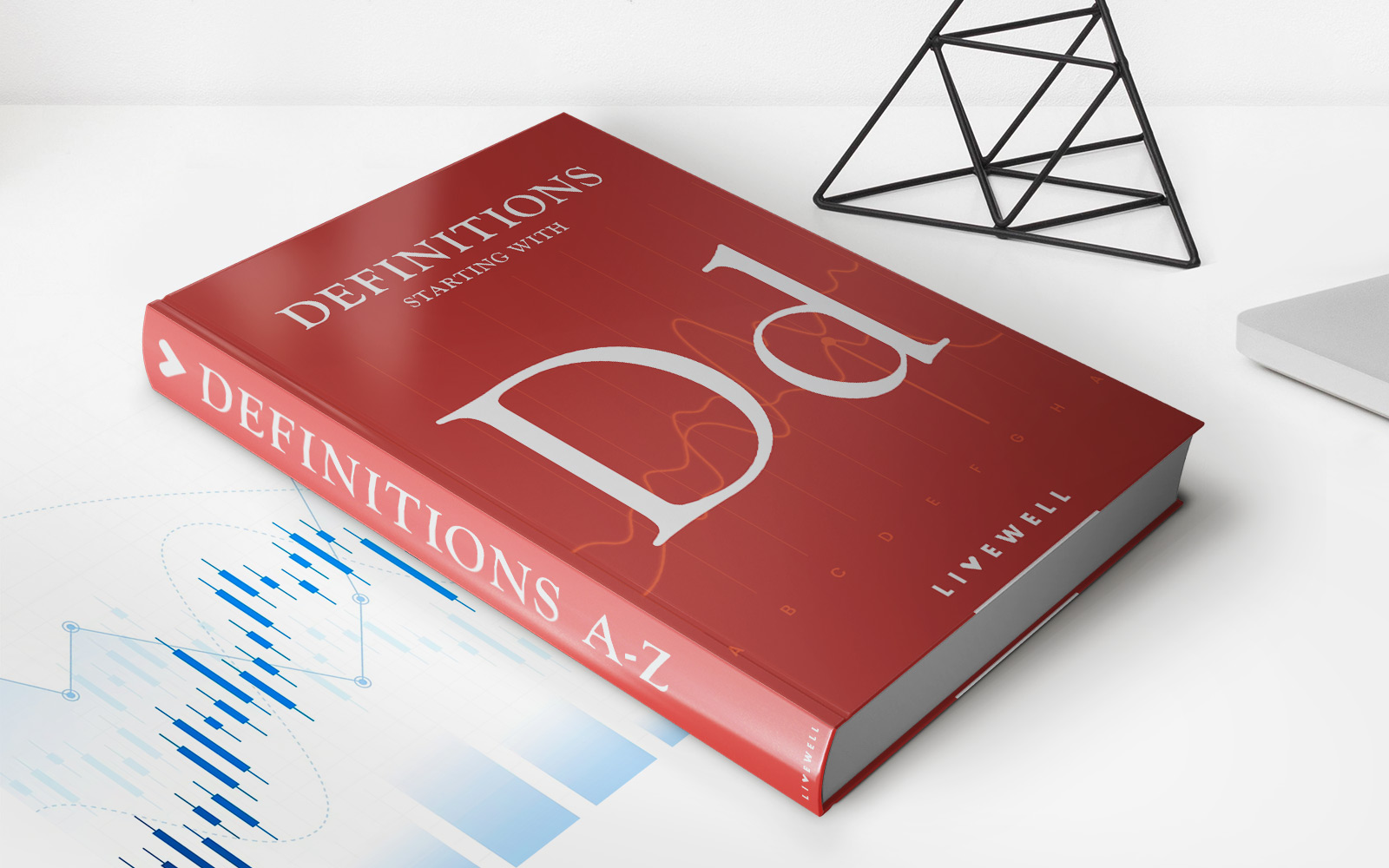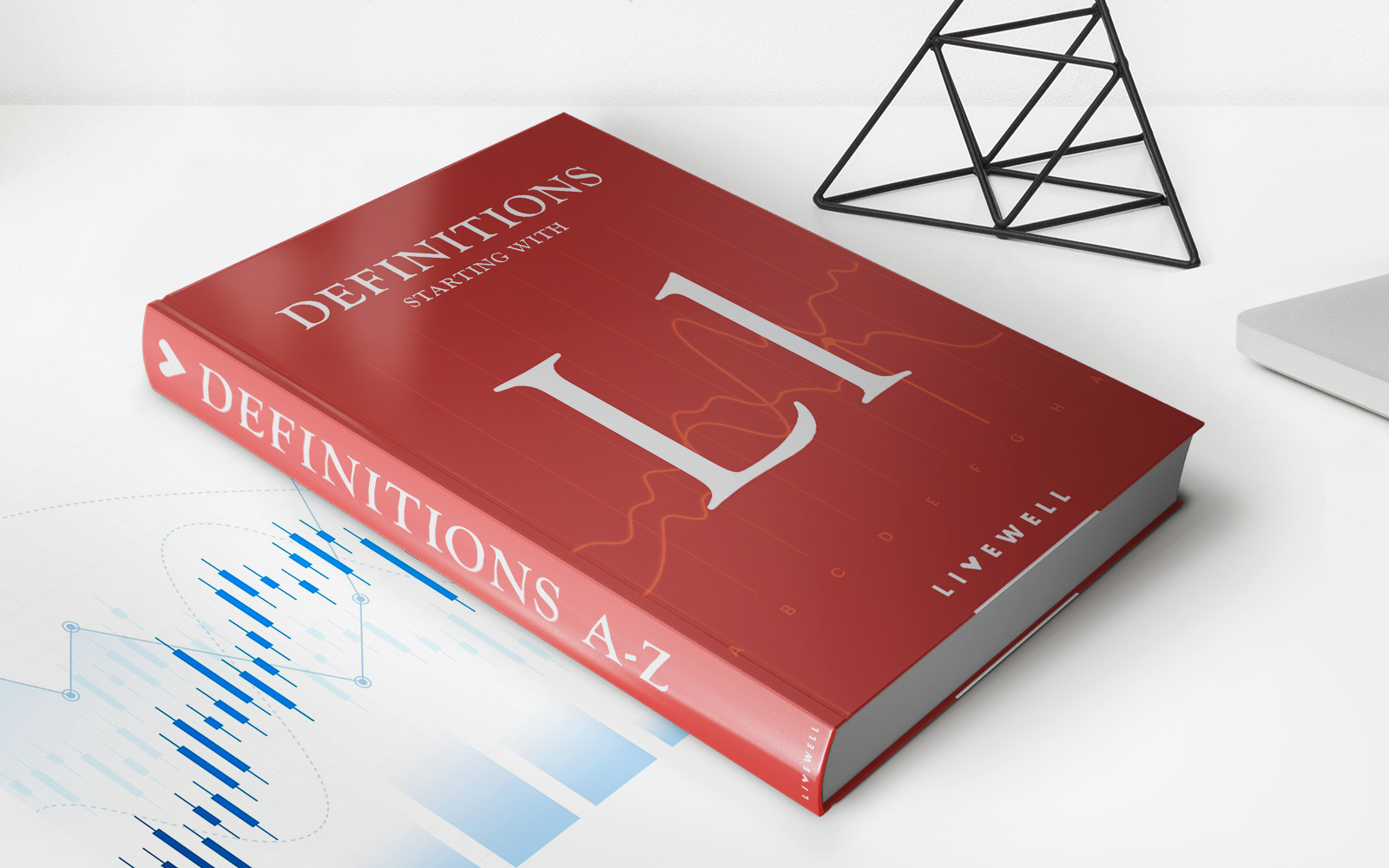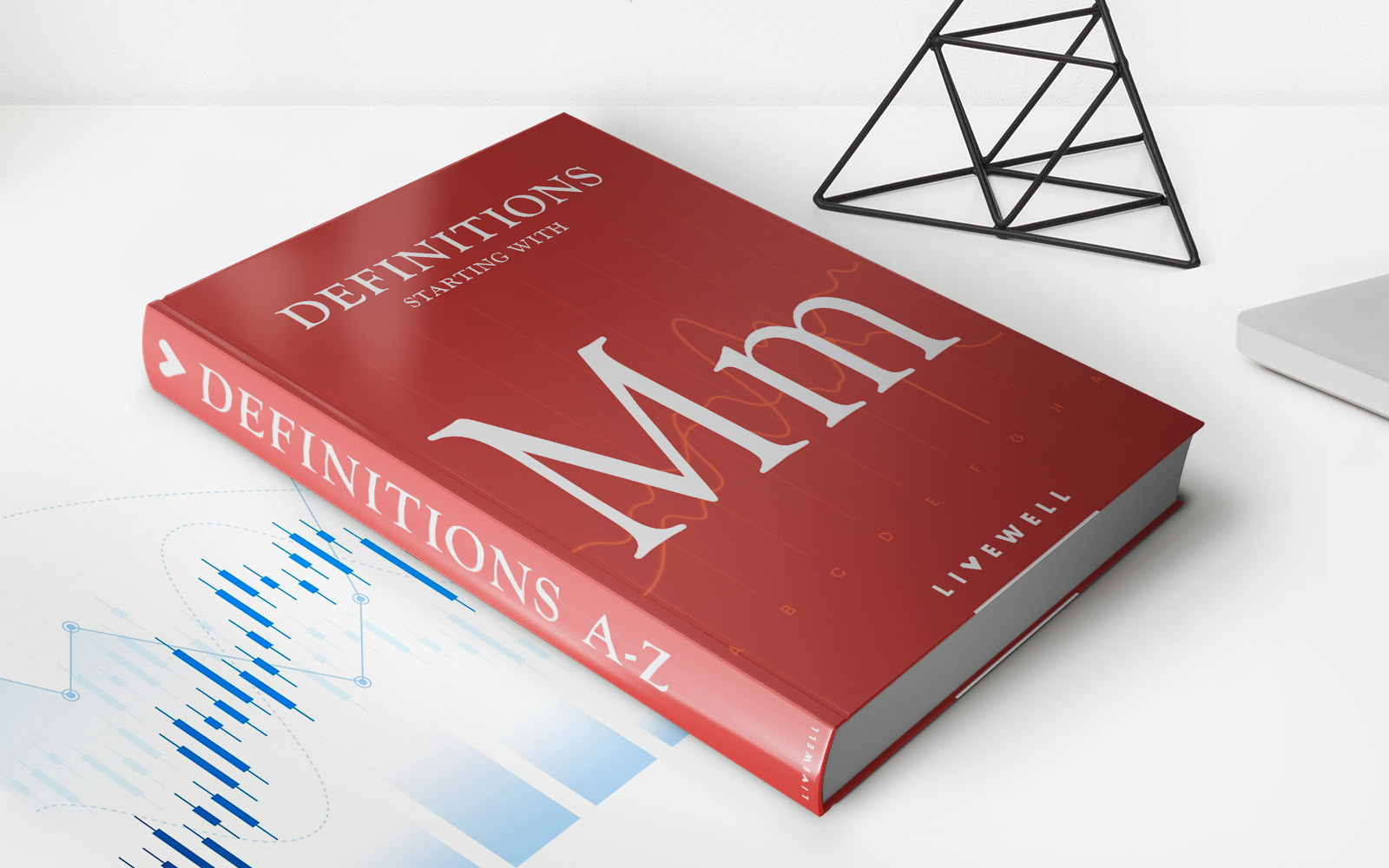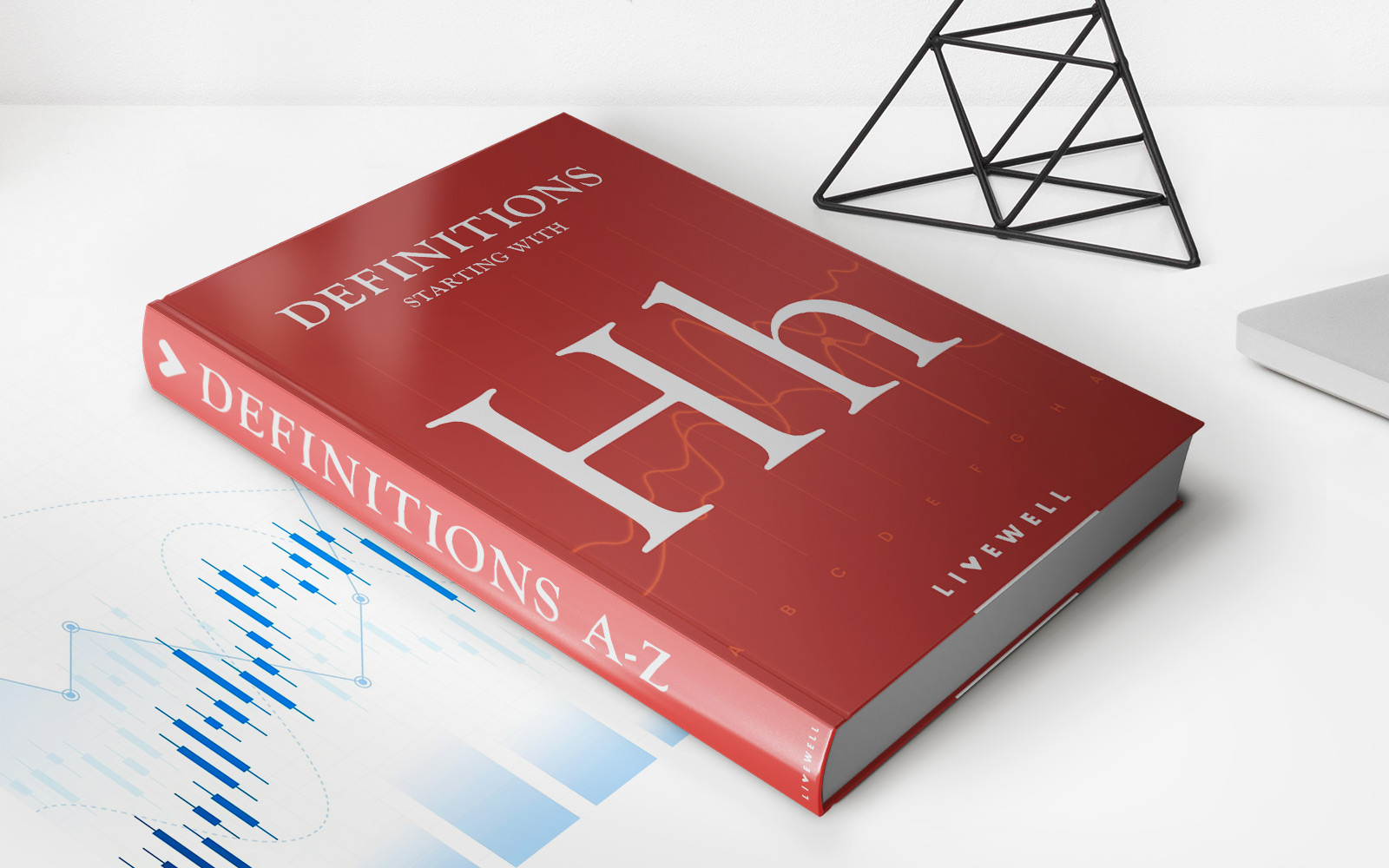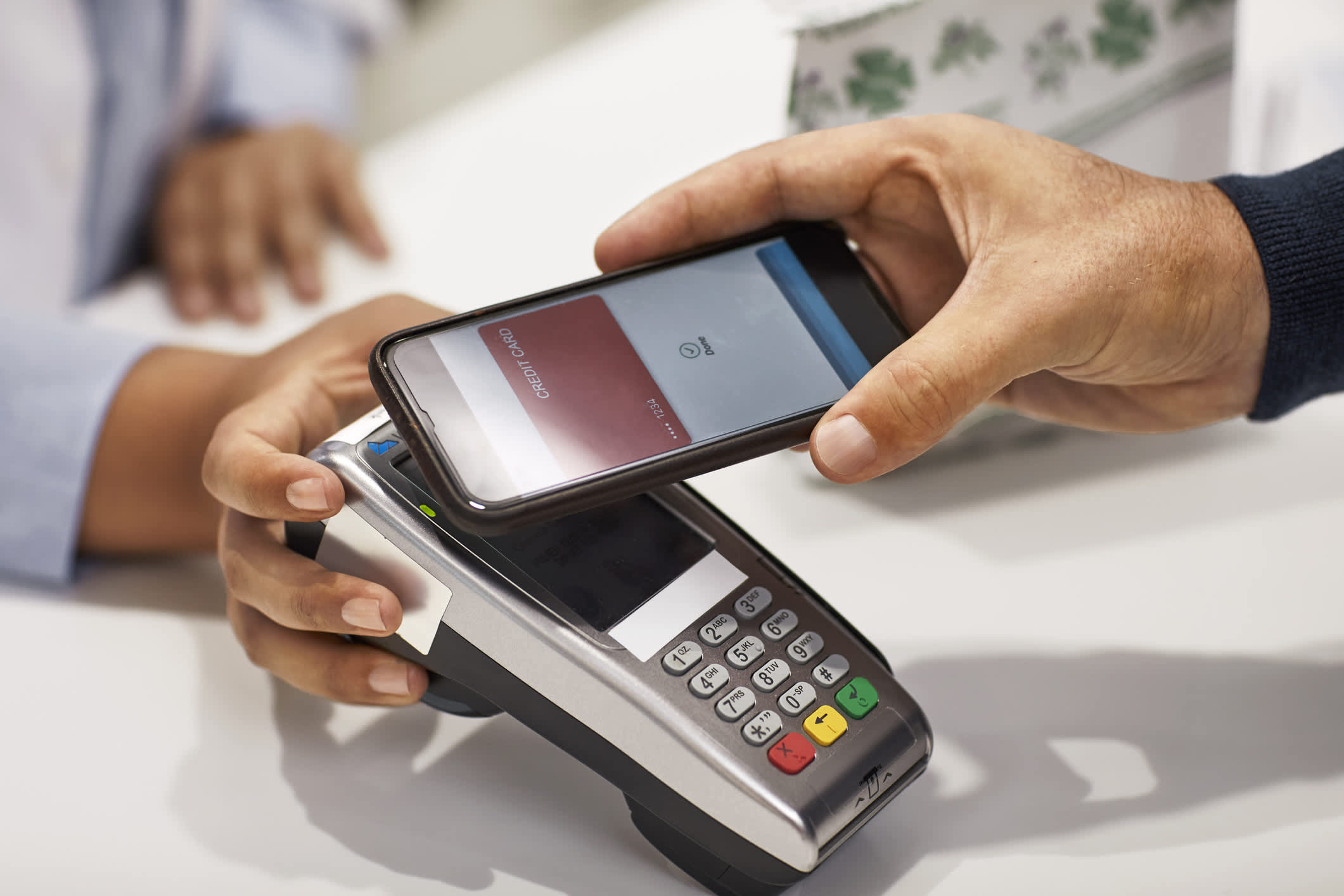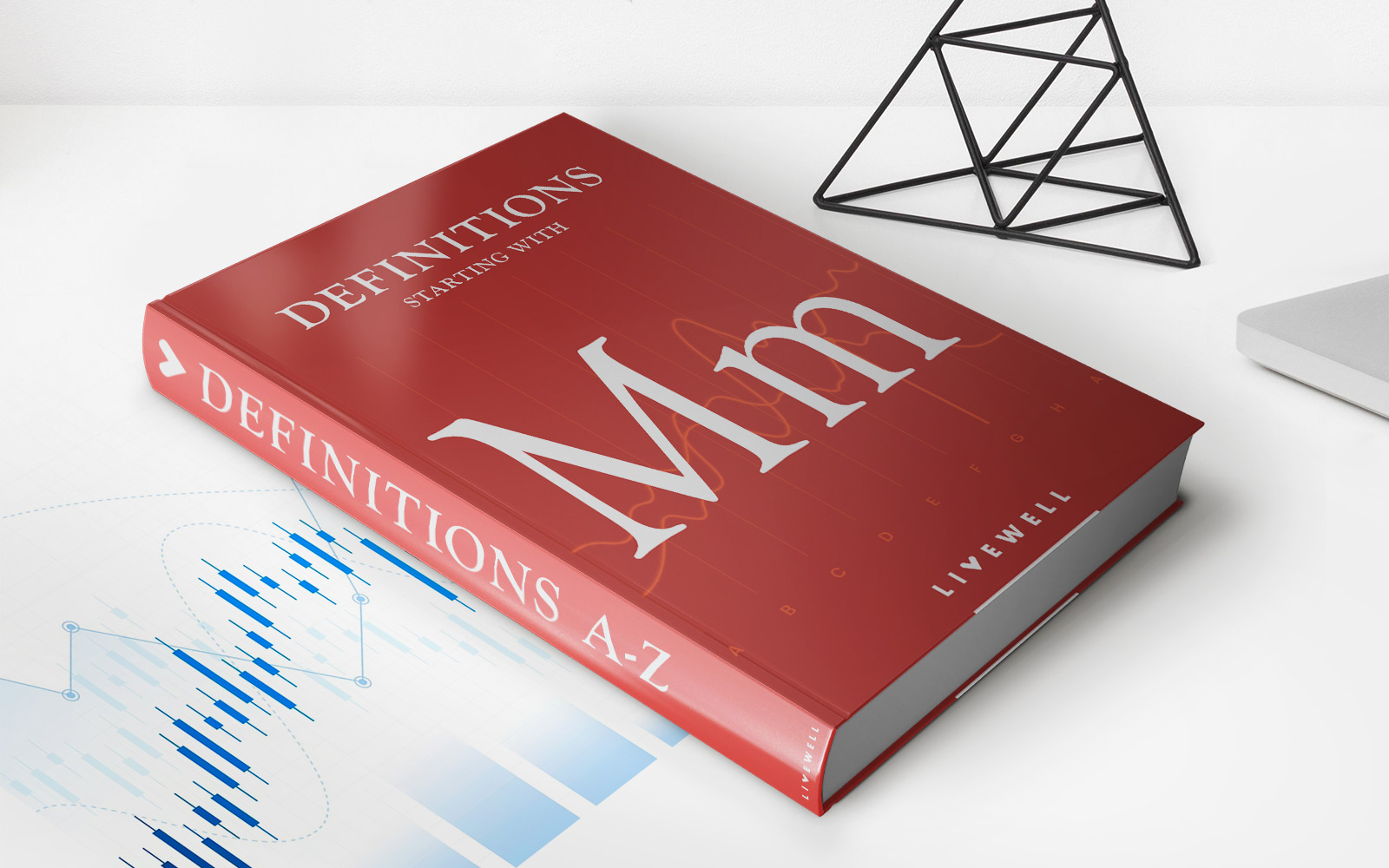

Finance
Mortgage Rate Lock Deposit Definition
Modified: December 30, 2023
Learn the definition of mortgage rate lock deposit and its importance in finance. Find out how to secure the best mortgage rates and protect your investment.
(Many of the links in this article redirect to a specific reviewed product. Your purchase of these products through affiliate links helps to generate commission for LiveWell, at no extra cost. Learn more)
Mortgage Rate Lock Deposit Definition: Understanding the Basics
Looking to buy a home? Then you’re probably familiar with the hassle of navigating the complex world of mortgages, interest rates, and payment terms. One important aspect of the mortgage process that can greatly impact your finances is the mortgage rate lock deposit. In this blog post, we’ll break down the definition and significance of a rate lock deposit and how it affects your mortgage terms.
Key Takeaways:
- A mortgage rate lock deposit is a fee paid by the homebuyer to a lender in exchange for guaranteeing a specific interest rate on their mortgage loan.
- The rate lock deposit can provide peace of mind and protection against future interest rate increases during the mortgage application process.
What is a Mortgage Rate Lock Deposit?
When you apply for a mortgage, interest rates can fluctuate daily or even hourly. This means that the rate you were quoted initially may change by the time you close on the loan. To protect against these fluctuations, lenders offer a mortgage rate lock deposit option.
A mortgage rate lock deposit is a fee paid by the homebuyer to the lender to guarantee a specific interest rate for a set period. This deposit effectively “locks in” the interest rate, ensuring that it won’t increase while your loan application is processed until closing. The duration of the rate lock period can vary, typically ranging from a few weeks to a few months.
By paying a rate lock deposit, you secure the interest rate that was quoted to you at the time of the agreement. This can help you budget and plan for your mortgage payments, knowing that the interest rate won’t change unexpectedly. It provides peace of mind during the crucial period of buying a home when interest rates can be volatile.
How Does a Rate Lock Deposit Affect Your Mortgage Terms?
Now that we understand what a mortgage rate lock deposit is let’s explore how it affects your mortgage terms. Here’s what you need to know:
- Interest Rate Protection: By paying a rate lock deposit, you protect yourself from potential interest rate increases between the time of application and closing. This means that even if interest rates rise during this period, your locked-in rate remains the same, saving you money in the long run.
- Expiration Date: Most rate lock deposits have an expiration date. If your loan does not close within the specified timeframe, you may need to pay an extension fee or risk losing your locked-in rate altogether. Therefore, it’s crucial to stay on top of the timeline and ensure a smooth mortgage process.
Overall, a mortgage rate lock deposit offers stability for homebuyers during the mortgage application process. It allows you to budget with confidence, knowing that your interest rate won’t suddenly skyrocket, making your monthly mortgage payments higher than expected.
Before opting for a rate lock deposit, it’s essential to consider the current market conditions and take advice from your lender or mortgage professional. They can provide guidance on whether a rate lock deposit is the right choice for your specific situation.
Now that you’re armed with the knowledge of mortgage rate lock deposits, you can make an informed decision as you navigate the mortgage process. Remember to consult with your mortgage professional to understand the terms and conditions specific to your lender’s rate lock deposit options.
